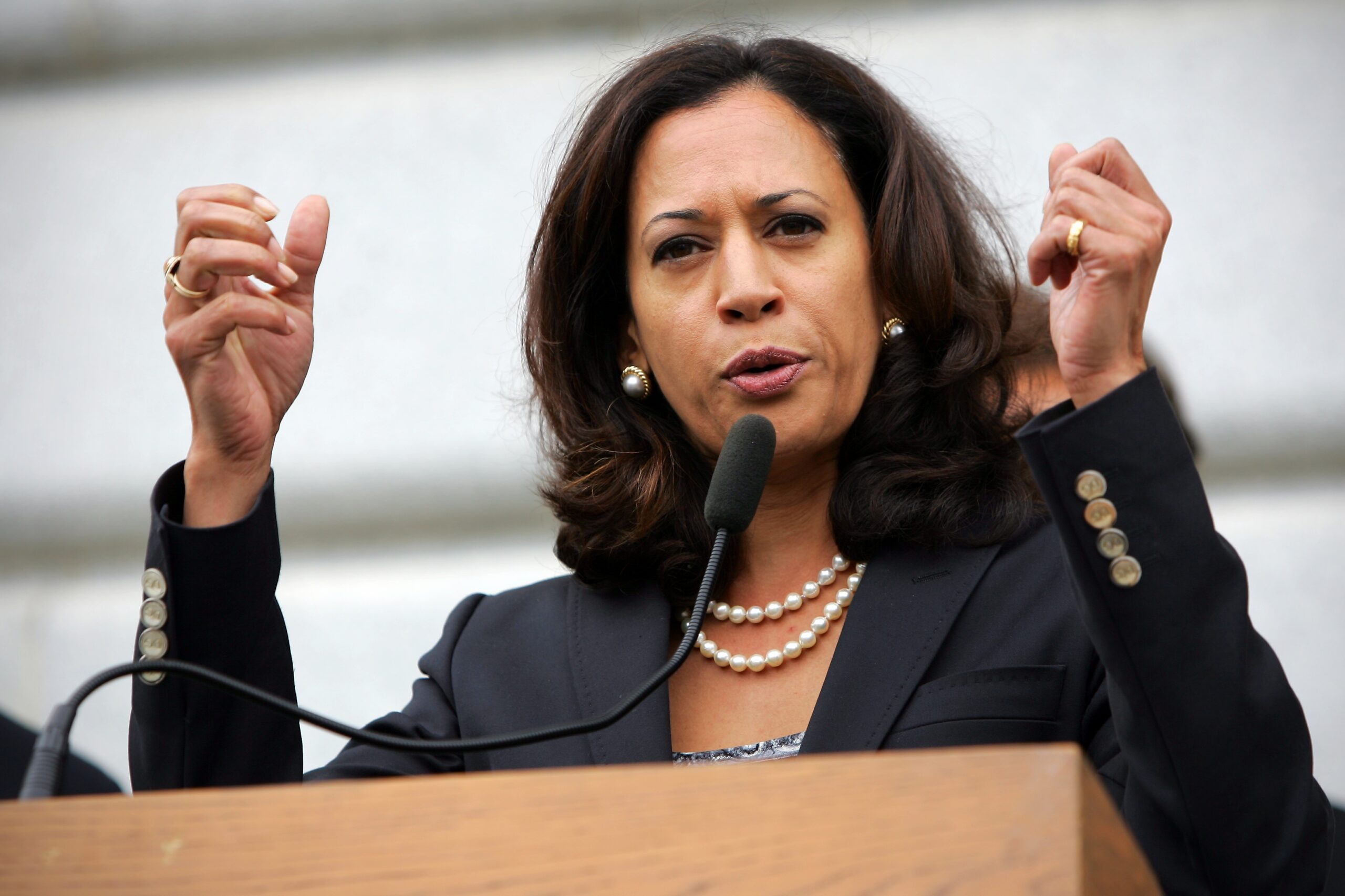A study released on Monday by Name It, Change It, a project that monitors media coverage of female political figures, revealed that appearance-focused media attention negatively impacts the likelihood that a female candidate will win an election.
The survey interviewed 1,500 likely voters about two fictional candidates, “Dan Jones” and “Jane Smith.” The interview subjects were split into groups, some of which received materials on both candidates that did not mention any of their physical attributes while others received materials that either included neutral, negative and positive appraisals of Smith’s appearance:
Neutral description: Smith dressed in a brown blouse, black skirt, and modest pumps with a short heel…
Positive description: In person, Smith is fit and attractive and looks even younger than her age. At the press conference, smartly turned out in a ruffled jacket, pencil skirt, and fashionable high heels….
Negative description: Smith unfortunately sported a heavy layer of foundation and powder that had settled into her forehead lines, creating an unflattering look for an otherwise pretty woman, along with her famous fake, tacky nails.
As Think Progress notes, there was a 7 – 8 percent drop in votes when respondents received materials focusing on the female candidate’s appearance, whether or not the attention was positive or negative:
When respondents hear the negative description of the female candidate’s appearance, she gets only 42 percent of the voters. When they hear the “flattering” description, she gets 43 percent (and there are fewer undecided votes overall, so her opponent gets an even bigger lead).
But when there was no mention of her physical appearance? Candidate Smith got 50 percent of the votes.
Comments like President Obama’s remarks about California State Attorney General Kamala Harris may seem benign, but can have a lasting impact on women’s political success, researchers say.
“Women candidates pay a real price when they are covered in a way that focuses on their appearance,” research lead Celinda Lake of Lake Research Partners said in a statement on the study. “Even what we thought was benign coverage about how a woman dresses has a negative impact on her vote and whether voters perceive her as in touch, likeable, confident, effective, and qualified. And, in close races, sexist coverage on top of the attacks that every candidate faces can make the difference between winning and losing.”

